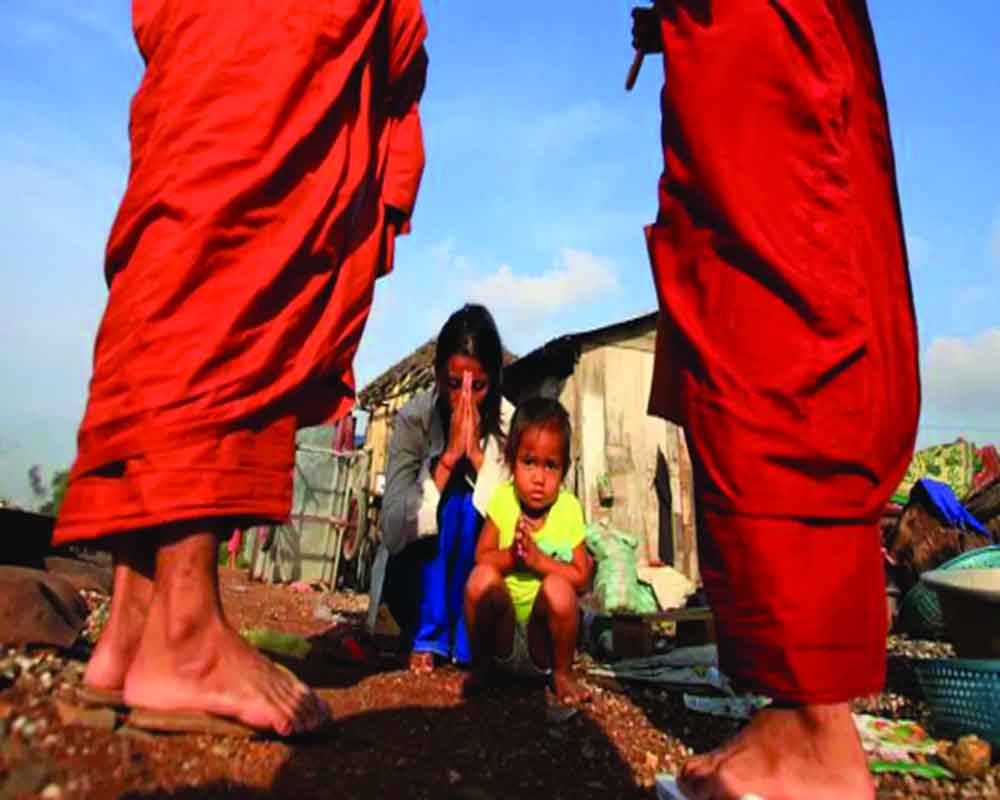Even a good 75 years after Independence, the word ‘untouchability’ is bereft of a definition
The good news is it took the might of the State to facilitate a Dalit family’s entry into a temple in Karnataka this Saturday. The upper castes, as usual, refused them entry and rejected police entreaties. Finally, a large police contingent entered the village, imposed prohibitory orders and let the family inside. Needless to say, this incident will be re-enacted whenever the family wants to visit the temple in future. Untouchability at work. Seventy-five years after Independence, a Dalit cannot enter a temple, draw water from a public well, sport a moustache, ride a horse or wear a turban. A Dalit can be treated as a slave, raped, abused, made to drink one’s urine, forced to prostrate or paid low wages. Even young students from upper caste families, like in Uttarakhand, can refuse to eat ‘rotis’ made by a Dalit cook. Several laws exist to protect the rights and freedom of Dalits. The Constitution has abolished untouchability and Dalit victimisation. But it has hardly made a difference. Why? A mountain of literature exists to give us the reasons. India has been debating since the time of the Constituent Assembly on how to deal with casteist abuse. If there could be one reason why the upper castes brazenly continue to intimidate Dalits in the presence of the law, it is probably that the founding fathers avoided, for whatever reason, defining ‘untouchability’. The Untouchability (Offences) Act, 1955, itself does not define the core word.
These days, when intangibles like faith and belief can resolve temple disputes, why not define something tangible like untouchability? In their 1992 judgment, Justices Kuldip Singh and K Ramaswamy of the Supreme Court said the Constitution does not define ‘untouchability’ because “it is not capable of precise definition”. Describing it as a struggle between “Hindus and the Untouchables”, they said: “It (struggle) is eternal, because the high caste people believe that the religion which has placed you at the lowest level of the society is itself eternal. No change according to time and circumstances is possible.” Thirty-five years earlier, Justice NS Rau of the Karnataka High Court said it should be noted the word ‘untouchability’ occurs only in Article 17 of the Constitution and “is enclosed in inverted commas”. He felt that indicated “that the subject matter of that Article is not untouchability in its literal or grammatical sense but the practice as it had developed historically in this country”. He said with the decision taken to abolish untouchability, the omission of a definition “would appear to be deliberate as the intention presumably was to leave no room or scope for the continuance of the practice in any shape or form”. Does that mean untouchability is dead because it stands abolished and remains undefined? But is it not also true that “untouchables” were formally “defined” as Scheduled Castes to extend welfare measures to them? Can we define one and not define the other?


























